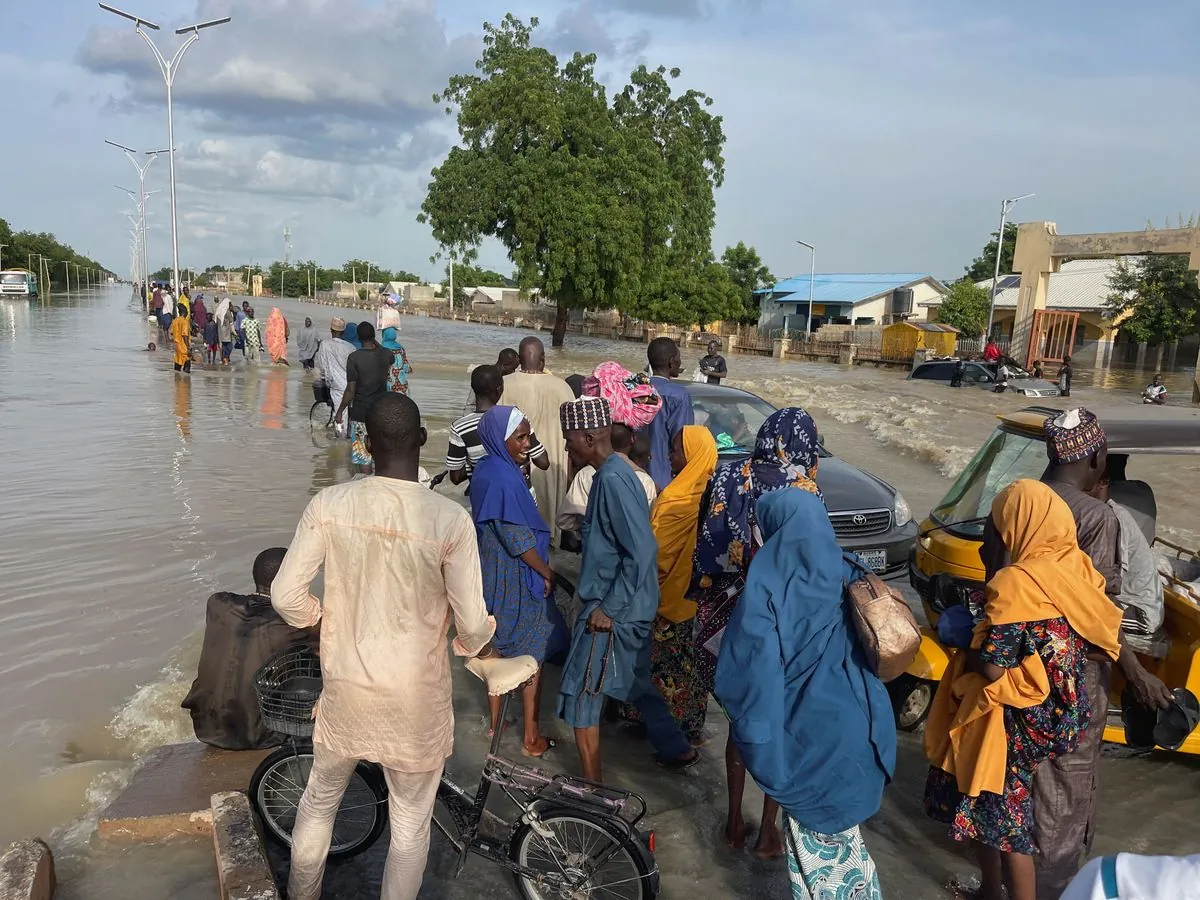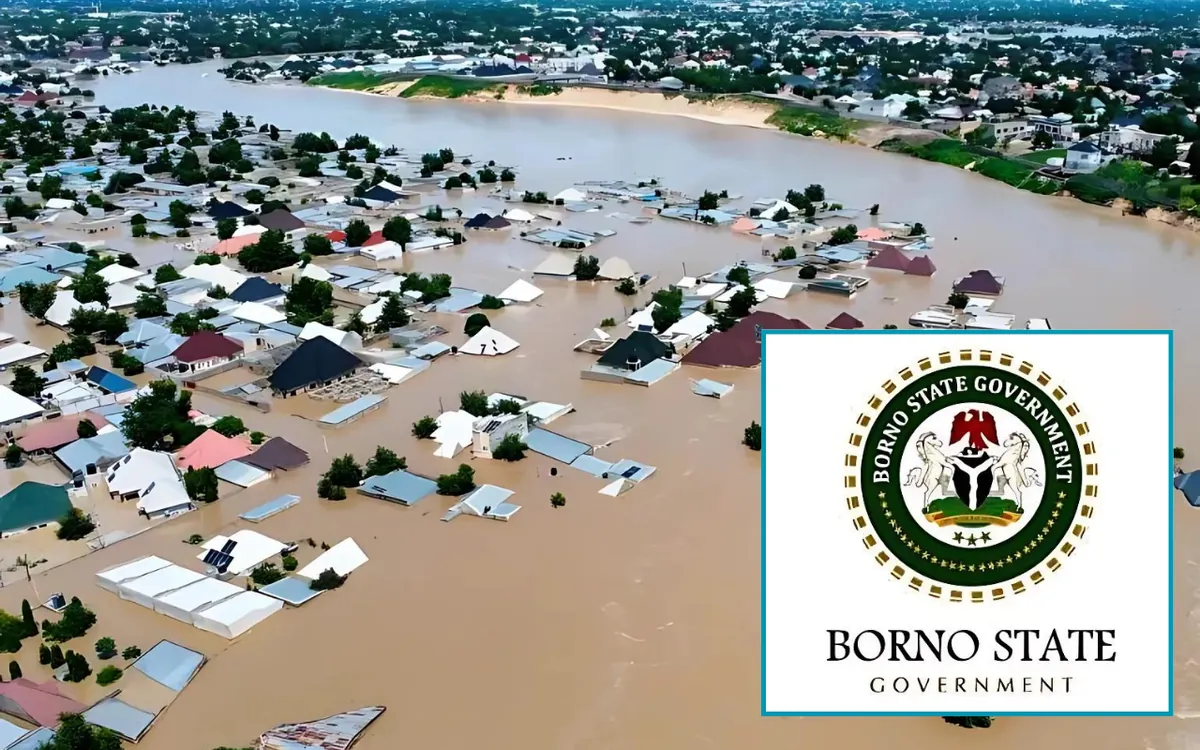Cholera Outbreak Hits Flood-Stricken Borno State in Nigeria
Borno State in Nigeria faces a cholera outbreak amidst severe flooding. Health officials confirm 17 cases and distribute vaccines, while grappling with increased Acute Watery Diarrhea incidents in affected areas.

In a challenging turn of events, Borno State in northeastern Nigeria is confronting a cholera outbreak while simultaneously dealing with extensive flooding that has displaced nearly 2 million residents. The situation underscores the complex health and environmental challenges facing the region.
Baba Mallam Gana, the Borno Health Commissioner, reported 17 confirmed cholera cases following laboratory tests. Fortunately, no fatalities have been recorded thus far. However, there is growing concern over the rising incidence of Acute Watery Diarrhea (AWD), which may be linked to the recent flood devastation.

Cholera, an acute diarrheal infection caused by ingesting contaminated food or water, can be lethal if left untreated, potentially causing death within hours. The World Health Organization estimates that globally, there are between 1.3 to 4 million cholera cases annually, highlighting the severity of the disease.
The current crisis in Borno is exacerbated by the state's ongoing struggles with an Islamist insurgency that began in 2009. This long-standing conflict has resulted in the displacement of thousands of people into camps, straining already limited sanitation facilities and clean water sources. With a population of approximately 5.8 million as of 2024, Borno faces significant challenges in managing public health crises.
The recent flooding, triggered by the overflow of a dam following heavy rainfall, has further complicated the situation. The deluge has not only displaced millions but also damaged critical health facilities and infrastructure. Climate change is increasingly linked to the frequency and severity of such flooding events globally, posing additional long-term challenges for regions like Borno.
In response to the outbreak, health authorities have initiated a vaccination campaign. Gana confirmed the distribution of 300,000 oral cholera vaccine (OCV) doses, provided by the federal health ministry, across displacement camps and flood-affected communities. These vaccines, when administered in a two-dose regimen as recommended by the WHO, can offer protection for up to three years.
"However, we are recording an increasing number of Acute Watery Diarrhea (AWD)/suspected Cholera which is not unconnected with the flood devastation."
The state is anticipating an additional 600,000 vaccine doses to ensure comprehensive coverage. This proactive approach aligns with expert recommendations emphasizing the importance of rapid response and early detection in controlling cholera outbreaks.
As Borno grapples with this multi-faceted crisis, the situation underscores the critical need for improved infrastructure, sanitation facilities, and healthcare access in vulnerable regions. International aid organizations often play a crucial role in supporting such efforts, particularly in conflict-affected areas.
The ongoing challenges in Borno serve as a stark reminder of the interconnected nature of environmental disasters, public health crises, and long-term conflicts. As Nigeria continues to address these issues, the focus remains on immediate relief efforts while working towards sustainable solutions for the future.


































